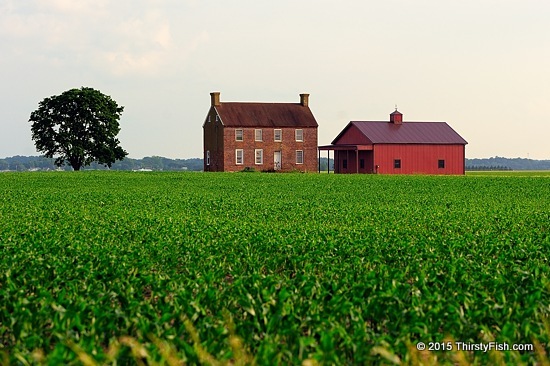Monocropping

Monocropping is the practice of growing the same crop year after year on the same land. While most food-supply and agriculture issues are controversial, there is a consensus that monocrops are bad and even dangerous. Yet, the practice is still favored by larger corporate farms for its economical efficiency, especially because it reduces labor costs.
Why should you care? Monoculture farming results in a more fragile ecosystem with an increased dependency on pesticides and artificial fertilizers. Monocropping depletes soil nutrients and relies on expensive machinery run on fossil fuels. It increases crop vulnerability to insects, plants, and microorganisms. It can lead to deforestation and the displacement of indigenous peoples. But most significantly, it threatens smaller family farms.
Monocropping is another example of the new emerging class of automation owners. Multinational agribusinesses are pressuring nations to change their policies to favor large-scale agriculture and forcing the consolidation of family farms into larger, industrial operations. Backed by global trade organizations, corporate farming is putting small farmers out of business throughout the world. It would be fair to say that the econo-political history of the 20th Century was significantly shaped by petroleum. Given the threats posed by climate-change and environmental degradation, it sure looks like the 21st Century will be defined by competition for the control of the food-supply.
Posted
- Wed 2015-02-18
Captured
- 2011-05-29
- Smyrna, DE


